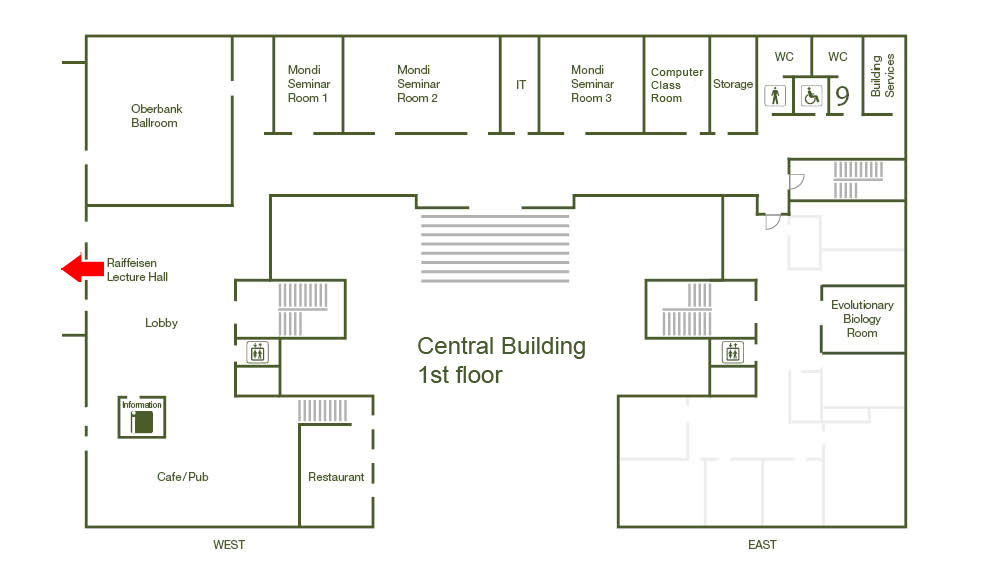Sleepless in Vienna - how to rescue folding-deficient dopamine transporters by pharmacochaperoning

Diseases that arise from misfolding of an individual protein are rare. However, collectively, these folding diseases represent a large proportion of hereditary and acquired disorders. In fact, the term "Molecular Medicine" was coined by Linus Pauling in conjunction with the study of a folding disease, i.e. sickle cell anemia. In the past decade, we have witnessed an exponential growth in the number of mutations, which have been identified in genes encoding solute carriers (SLC). A sizable faction - presumably the majority - of these mutations result in misfolding of the encoded protein. While studying the export of the GABA transporter (SLC6A1) and of the serotonin transporter (SLC6A4), from the endoplasmic reticulum (ER), we discovered by serendipity that some ligands can correct the folding defect imparted by point mutations. These bind to the inward facing state. The most effective compound is noribogaine, the metabolite of ibogaine (an alkaloid first isolated from the shrub
Tabernanthe iboga). There are 13 mutations in the human dopamine transporter (DAT, SLC6A3), which give rise to a syndrome of infantile Parkinsonism and dystonia. We capitalized on our insights to explore, if the disease-relevant mutant proteins were amenable to pharmacological correction. Drosopohila melanogaster, which lack the dopamine transporter, are hyperactive and sleepless (fumin in Japanese). Thus, mutated human DAT variants can be introduced into fumin flies. This allows for examining the effect of pharmacochaperones on delivery of DAT to the axonal territory and on restoring sleep. We explored the chemical space populated by variations of the ibogaine structure to identify an analogue (referred to as compound 9b), which was highly effective: compound 9b also restored folding in DAT variants, which were not amenable to rescue by noribogaine. Deficiencies in the human creatine transporter-1 (CrT1, SLC6A8) give rise to a syndrome of intellectual disability and seizures and accounts for 5% of genetically based intellectual disabilities in boys. Point mutations occur, in part, at positions, which are homologous to those of folding-deficient DAT variants. CrT1 lacks the rich pharmacology of monoamine transporters. Nevertheless, our insights are also applicable to rescuing some disease-related variants of CrT1. Finally, the question arises how one can address the folding problem. We propose a two-pronged approach: (i) analyzing the effect of mutations on the transport cycle by electrophysiological recordings; this allows for extracting information on the rates of conformational transitions. The underlying assumption posits that - even when remedied by pharmacochaperoning - folding-deficient mutants must differ in the conformational transitions associated with the transport cycle. (ii) analyzing the effect of mutations on the two components of protein stability, i.e. thermodynamic and kinetic stability. This is expected to provide a glimpse of the energy landscape, which governs the folding trajectory.